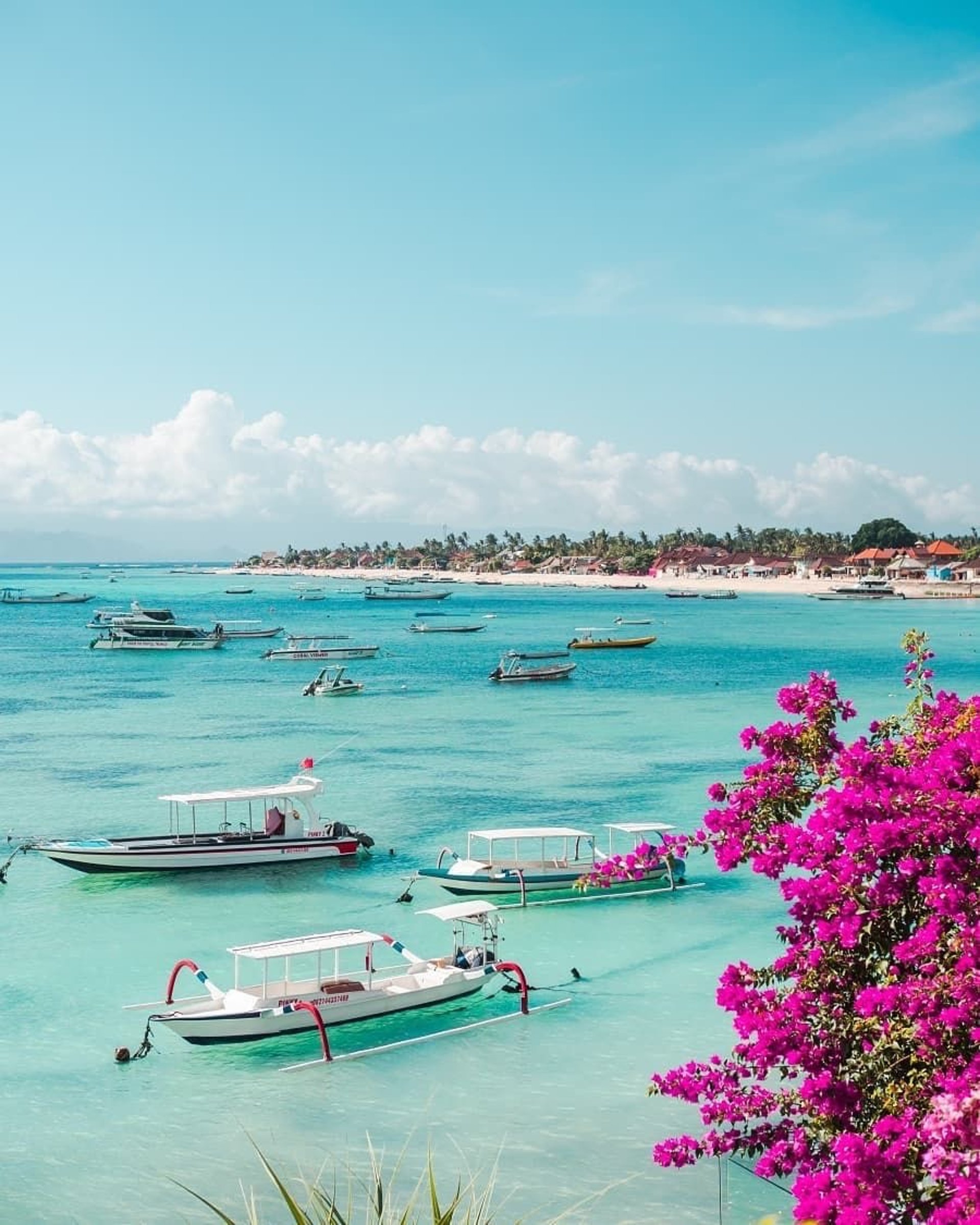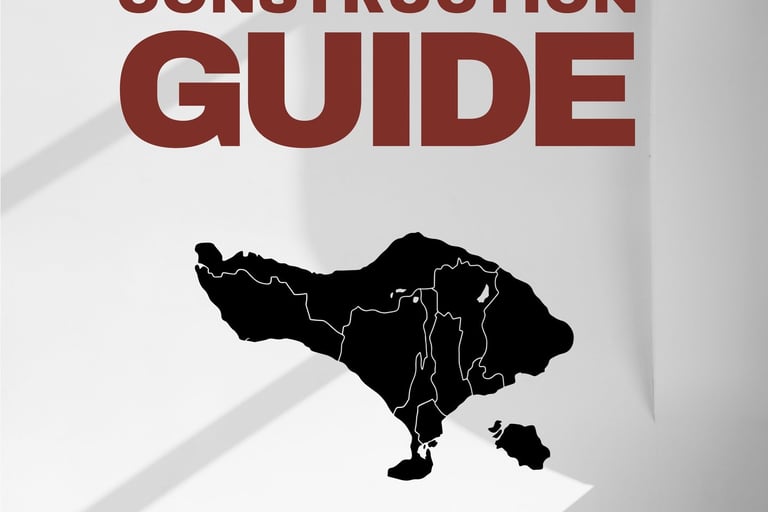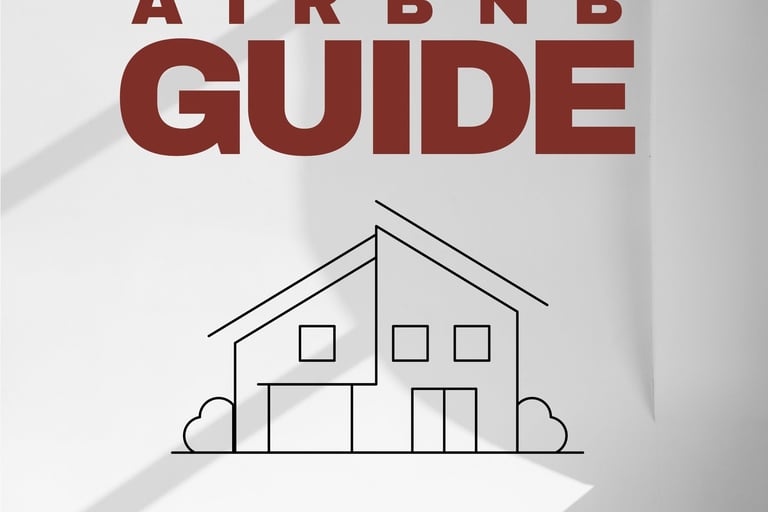
What investors need to know
Investing, operating a business and living in Bali can seem complicated at first — especially for foreigners. Questions about ownership, leasehold vs. freehold, taxes, and regulations often create uncertainty. At Mason Real Estate, we make it our mission to clear up these doubts and provide transparent answers, so you can invest with confidence. This FAQ section addresses the most common concerns and guides you through everything you need to know about buying, owning, and managing property in Bali.”






Frequently asked questions
Is it still worth it to invest in Bali in 2026?
Absolutely. Bali remains one of the world’s most attractive property markets thanks to:
Growing global demand from expats, digital nomads, retirees, and investors.
Infrastructure upgrades including the planned North Bali International Airport, new highways, and improved road networks.
Future projects such as railway connections and upgraded water & waste infrastructure to support long-term growth.
Tourism recovery and expansion, with Bali consistently ranking as a top global destination.
These factors ensure continued appreciation, high rental yields, and long-term investment security.
What’s the difference between freehold and leasehold in Bali?
Freehold (Hak Milik): Reserved for Indonesian citizens. Foreigners can hold freehold through a PT PMA (foreign-owned company).
Leasehold (Hak Sewa): Long-term (25–30 years) with guaranteed extension options, sometimes up to 70–80 years. Leasehold is often the better option for foreigners — lower upfront costs, high ROI, and legally secure when done via notary and escrow.
Can foreigners safely buy and resell properties in Bali?
Yes. Leasehold structures allow foreigners to buy, extend, and resell. The resale market is strong, with premium villas in desirable locations retaining or increasing value.
Can foreigners legally turn an investment property into an Airbnb or a rental villa?
Yes. To legally operate an Airbnb or rental villa in Bali, foreigners must establish a PT PMA (foreign-owned company), which allows them to run rental activities in compliance with Indonesian law. PT Mason Real Estate not only guides investors to the right places to set up their company, but also assists and consults throughout the entire process — from legal setup to full operational readiness.
How secure is my investment in Bali?
Your investment is protected at every step. All land titles and building permits are verified to ensure full legal compliance. Payments can be made through escrow accounts with trusted notaries, adding an extra layer of protection. Before any sale, we carry out complete due diligence to confirm that the project meets our standards. Every villa comes with a construction warranty of up to 10 years, and investors receive regular progress reports from the developer, ensuring full transparency throughout the process.
Do I need to be in Bali to buy property?
No. Many investors purchase remotely. With a power of attorney, a notary can sign on your behalf. PT Mason Real Estate provides secure remote purchase solutions, including video tours, digital documentation, and escrow protection.
What taxes apply to property investments in Bali?
For leasehold properties, buyers pay a 1% transfer tax at the notary. This is the only additional costs displayed to our prices. Rental income is subject to 10% VAT and income tax depending on your ownership structure. Our team consults with investors on the most tax-efficient structures available.
Is Bali’s real estate market regulated?
Yes. Every transaction requires notary oversight and government registration. Building permits (PBG/IMB) and land certificates (Hak Sewa or Hak Milik) must be verified. We ensure every project we promote passes strict due diligence.
Can I resell my property before the leasehold ends?
Yes, leasehold villas can be resold at any time. The new buyer simply takes over the remaining lease years, and extensions can be negotiated. Properties in high-demand areas often resell at a profit before the lease runs out.
Is leasehold less valuable than freehold?
Leasehold is actually one of the smartest ways to invest in Bali. The entry price is lower than freehold, yet rental income is just as strong — which means your villa can usually pay itself off within 6–10 years depending on occupancy and management. After that, the remaining lease years are essentially pure profit, and extensions can be secured to keep generating income for decades.


Learn more about investing in Bali.
In our dedicated guide books available on Amazon or via a professional consultation.








Discover how to turn your villa into a profitable Airbnb, from pricing strategies to management tips, tailored specifically to Bali’s market. This guide shows you how to maximize occupancy and ROI while avoiding costly mistakes.
From land acquisition to villa completion, this guide walks you through every step of the building process in Bali. Learn how to choose the right architect, manage contractors, and ensure quality and compliance from start to finish.
A step-by-step handbook to buying property in Bali safely and profitably. Learn about leasehold vs. freehold, due diligence, taxes, and the smartest investment strategies for long-term success.
Your roadmap to starting and running a business in Bali as a foreigner. Covers company structures, permits, taxes, and practical advice to grow and scale a legal and profitable operation in Bali’s competitive market.


Still have questions? Get in touch.


Your trusted Real Estate partner.
Sunset Road 819, Denpasar, Bali
Support
Legal
contact@masonrealestate.com
© 2025. All rights reserved.
Officially licensed, registered & crrtified real estate, consulting and management company.


